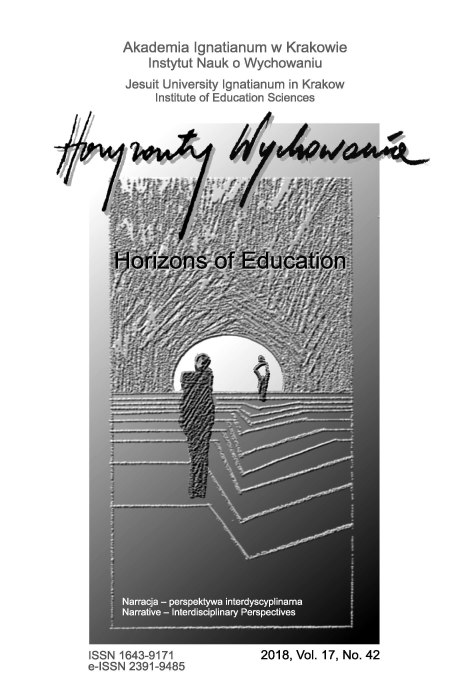Rzeczywistość narracji a fikcyjność osoby
The Reality of Narrative versus Functionality of Person
Author(s): Józef BremerSubject(s): Philosophy of Mind, Philosophy of Science, Phenomenology, Theory of Literature, ICT Information and Communications Technologies
Published by: Uniwersytet Ignatianum w Krakowie
Keywords: Heterophenomenology; person; self; stories; center of narrative gravity; artificial intelligence; first- and third¬ person point of view; eliminativism; functionalism;
Summary/Abstract: RESEARCH OBJECTIVE: The aim of this article is to critically discuss the functional and elimina tivist approach to understanding of person (self) proposed by D. Dennett, in which person (self) is reduced to an abstract narrative center of gravity, analogously to the center of gravity of the body in physics. The result of this reduction is the thesis about the illusory nature of the self. While in the common sense understanding of the concept of person, it is the person who is the author of the sto ries, the narrative center of gravity is created by stories – whether they are heard from the others or repeated by person himself for himself. THE RESEARCH PROBLEM AND METHODS: In the study, Dennett’s heterophenomenological concept of the person (self), denying the “reality” of subjective (first person) experiences, has been submitted to philosophical analysis. The correlates of subjective states, available from the perspective of the third person (thanks to the first person narratives) can be identify with the per son’s patterns of neural activity in the brain. In order to clarify the argument about the elimination of the subjective self the examples of computers creating stories were evoked. THE PROCESS OF ARGUMENTATION: This study underlines the difficulties emerging in the functional eliminativist reductions of the person, especially the weak points of analogy: the center of gravity in in physics theories versus the abstract center of narrative gravity in philosophical anthropology. RESEARCH RESULTS: The results of the analysis show the theoretical deficiencies in hetero phenomenology when it comes to providing a convincing justification for the thesis of the illusory of self and the fact that self is only a bundle of narratives. CONCLUSIONS, INNOVATIONS, AND RECOMMENDATIONS: The following questions should be asked and reconsidered: Who is more a victim of illusion? We, with our colloquially understood sense of being the authors of the narrative, or Dennett stating that one can give up taking into ac count the subjectivity, unity and identity of such an author? How much does Dennett is successful in explaining the person’s awareness, identity and unity? Why a socially rooted, colloquially perceived person is supposed to be an ontological fiction, an illusion? The recommendation for further research is: Issues related to the person and the stories he creates (or, in Dennett’s way “stories that create it”), demand today consideration from various perspectives: starting from psychology, sociology, neurology, science of artificial intelligence, and ending with philosophy.
Journal: Horyzonty Wychowania
- Issue Year: 17/2018
- Issue No: 42
- Page Range: 39-56
- Page Count: 18
- Language: Polish

